5 Ways Asbestos in Vermiculite Can Impact Your Home's Resale Value
Vermiculite is a naturally occurring mineral that has been widely used for its insulation properties in construction. However, a significant concern arises when vermiculite contains asbestos, a hazardous material known for its health risks. In this article, we explore the various ways in which vermiculite and asbestos removals can impact your home's resale value, considering current real estate market dynamics and value assessment methodologies.
1. Asbestos Diagnosis
Identifying Signs of Asbestos-Containing Vermiculite
The initial step in managing asbestos risk is identifying whether your home contains asbestos-laden vermiculite insulation. Typically located in attics, walls, and HVAC systems, this insulation resembles a grayish-brown, pebble-like material. Homeowners should remain vigilant for signs of disturbed or deteriorating insulation, which can release hazardous fibers. Visual inspection, paired with expert consultation, aids in determining the presence of asbestos. Recognizing these signs early enhances safety and guides appropriate mitigation efforts.
When to Call in Experts
Calling in experts is crucial when a credible threat of asbestos exposure exists or associated risks are pervasive. Professionals not only provide testing, but also advise on safe handling and possible remediation measures. In cases where asbestos is detected, experts conduct abatement procedures to efficiently and safely eliminate or contain asbestos materials. Repairing or renovating older homes may also necessitate expert consultation to prevent asbestos disturbances. Taking proactive measures and engaging professionals ensures compliance with regulations and enhances occupant safety.
2. Home Resale Value
Direct Implications on Property Value
The presence of asbestos in vermiculite insulation can significantly diminish a home's market value. Because of the health risks and remediation costs involved, potential buyers may be deterred or expect substantial price reductions. Homes with known asbestos issues are appraised with these considerations factored into their valuation. Addressing asbestos concerns before listing can maintain or maximize value during resale efforts. Overall, the presence of asbestos emerges as a critical factor influencing home pricing and negotiations.
Buyer Perception and Concerns
Buyer perception regarding asbestos largely influences their decision-making process when considering a home purchase. Potential homeowners, aware of the health dangers, may regard asbestos as a deal-breaker unless managed appropriately. Transparency about testing and remediation measures, complemented with favorable inspection reports, can ease buyer anxiety. Conversely, failure to adequately disclose or manage asbestos issues risks eroding trust and buyer confidence. Navigating buyer perceptions tactfully is key to successfully marketing and selling homes with historical asbestos concerns.
3. Remediation Strategies and Costs
Types of Asbestos Remediation Methods
Several asbestos remediation methods are available, each designed to effectively manage contamination risks. Popular strategies include encapsulation, enclosure, and complete removal of asbestos materials. Encapsulation involves applying a sealant to prevent fiber release, while enclosure isolates asbestos behind barriers. Complete vermiculite and asbestos removals, though costly, ensure permanent resolution of threats. The choice of method often hinges upon factors such as contamination level, area condition, and financial constraints. Each strategy consequently aligns with specific safety and budgetary requirements.
Financial Investment Required for Remediation
Remediation costs constitute a significant financial investment, impacting homeowners' overall displacement strategies and budgets. Depending on the magnitude of the problem, remediation expenses may range from thousands to tens of thousands of dollars. While extensive vermiculite and asbestos removals command higher costs, affordable measures like encapsulation or enclosure present viable alternatives. Despite upfront financial implications, effective remediation ensures compliance with safety standards and boosts property value. Accounting for remediation as part of the overall financial plan mitigates the extent of shock or unforeseen disruptions.
Long-Term Benefits of Asbestos Remediation
Investing in thorough asbestos remediation begets multiple long-term advantages for homeowners. According to Fixr, diseases related to asbestos exposure may take 10 to 40 years to develop, making caution essential. By mitigating health risks, occupants are safeguarded from potential asbestos exposure-linked diseases, which cumulatively outweigh initial expenditures. Moreover, remediation earns credibility with prospective buyers, facilitating smoother transactions and bolstering value perception. Beyond immediate benefits, proactive remediation aligns with evolving safety standards and regulations, reducing liability risks. In essence, remediation serves as a favorably evaluated investment into a home's safety, marketability, and prosperity.
Government and Local Remediation Assistance Programs
Homeowners can explore various government and local programs offering remediation assistance to ease financial burdens. At national levels, initiatives such as tax credits, grants, or loans exist to incentivize testing and vermiculite and asbestos removals. Additionally, certain states and municipalities provide unique resources or subsidies tailored to local community needs. Understanding and leveraging these assistance programs affords homeowners cost-saving opportunities. They ultimately encourage compliance and mitigation efforts, promoting public health and safety overall.
4. Potential Buyers
Disclosure Laws and Ethical Obligations
Legal mandates necessitate full disclosure of asbestos presence during real estate transactions. Non-disclosure risks significant legal consequences, undermining trust, and associating sellers with integrity breaches. Although disclosure requirements vary by jurisdiction, ethical considerations compel transparent communication of known asbestos conditions. Prospective buyers remain more informed, navigating both purchase decisions and future remediation strategies responsibly. Consequently, observing disclosure laws and ethical obligations preserves reputations, relations, and successful sale outcomes.
Effective Communication Strategies with Prospective Buyers
Navigating buyer relations amidst asbestos can be challenging, but it offers opportunities to nurture trust and assurance. Clear, consistent communication, paired with documentation of testing and remediation steps, demonstrates responsibility. Educating buyers on certification, compliance, and safety protocols around asbestos facilitates informed and balanced judgments. Emphasizing existing safety measures or endorsements by professionals showcases commitment and progress towards responsible asbestos management. Engaging buyers through personalized communication strategies aligns intentions toward mutually beneficial transaction experiences.
Buyer Concerns
Timely attention and resolution of buyer concerns foster confidence and satisfaction, contributing to attractive sale prospects. Preemptively addressing potential questions surrounding asbestos remediation approaches, safety, and liability demonstrates proactive seller responsiveness. Encouraging open dialogue removes potential hesitation by demystifying perceived hazards through strategic engagement. Addressing concerns immediately mitigates possibilities for misunderstandings, negative sentiments, or transaction reluctance. Clear articulation of mitigation actions affirms commitment to occupants' health and property integrity, reinforcing assurance throughout the sales process.
Assurance Through Documentation
Supplying thorough documentation of asbestos testing and remediation offers additional layers of assurance to prospective buyers. Administrative transparency facilitates understanding and acceptance of property history and current conditions. Buyers possess comprehensive records, enhancing informed decision-making capabilities through documentation review. Substantial records corroborate seller representations and protect interests, diffusing skepticism or mistrust. Consequently, fortifying buyer confidence amplifies negotiation leverage and encourages positive, constructive dialogue, accelerating transaction processes.
5. Long-Term Solutions
Regular Monitoring and Maintenance
Establishing routine monitoring and maintenance protocols ensures ongoing asbestos safety and containment. Scheduled inspections, documentation updates, and assessment of potential changes in exposure settings proactively identify risks in a timely manner. Maintenance promotes safety compliance and alignment with evolving asbestos regulations and guidance. Implementing proper control measures and improvement practices sustains property health and minimizes exposure threats. As continuous vigilance underscores long-term asbestos management strategies, proactive initiatives mitigate potential complications throughout occupancy.
Community and Homeowner Education on Asbestos Risks
Educating communities and homeowners about asbestos risks, safety practices, and management strategies cultivates awareness, advocacy, and collaboration. Seminars, workshops, or informational sessions reveal practical tips on asbestos identification, testing, and vermiculite and asbestos removals. Encouraging participation and open dialogue facilitates resource sharing, collective understanding, and comprehensive response measures. Informing homeowners about relevant laws, health implications, and remedies empowers informed decision-making within residential neighborhoods. Collective empowerment amplifies stewardship, enhancing communal alignment towards sustainable and secure living environments.
The presence of asbestos in vermiculite significantly impacts a home's resale value due to health risks, buyer perceptions, and remediation costs. Effective management, through testing, legal compliance, and strategic communication, plays a critical role in maintaining property value in the market. Proactive asbestos management and community-centered approaches aid in optimizing buyer confidence and transaction success, fostering safer residential environments. Do you need professional vermiculite and asbestos removals? Don't wait! Call New England Surface Maintenance today.


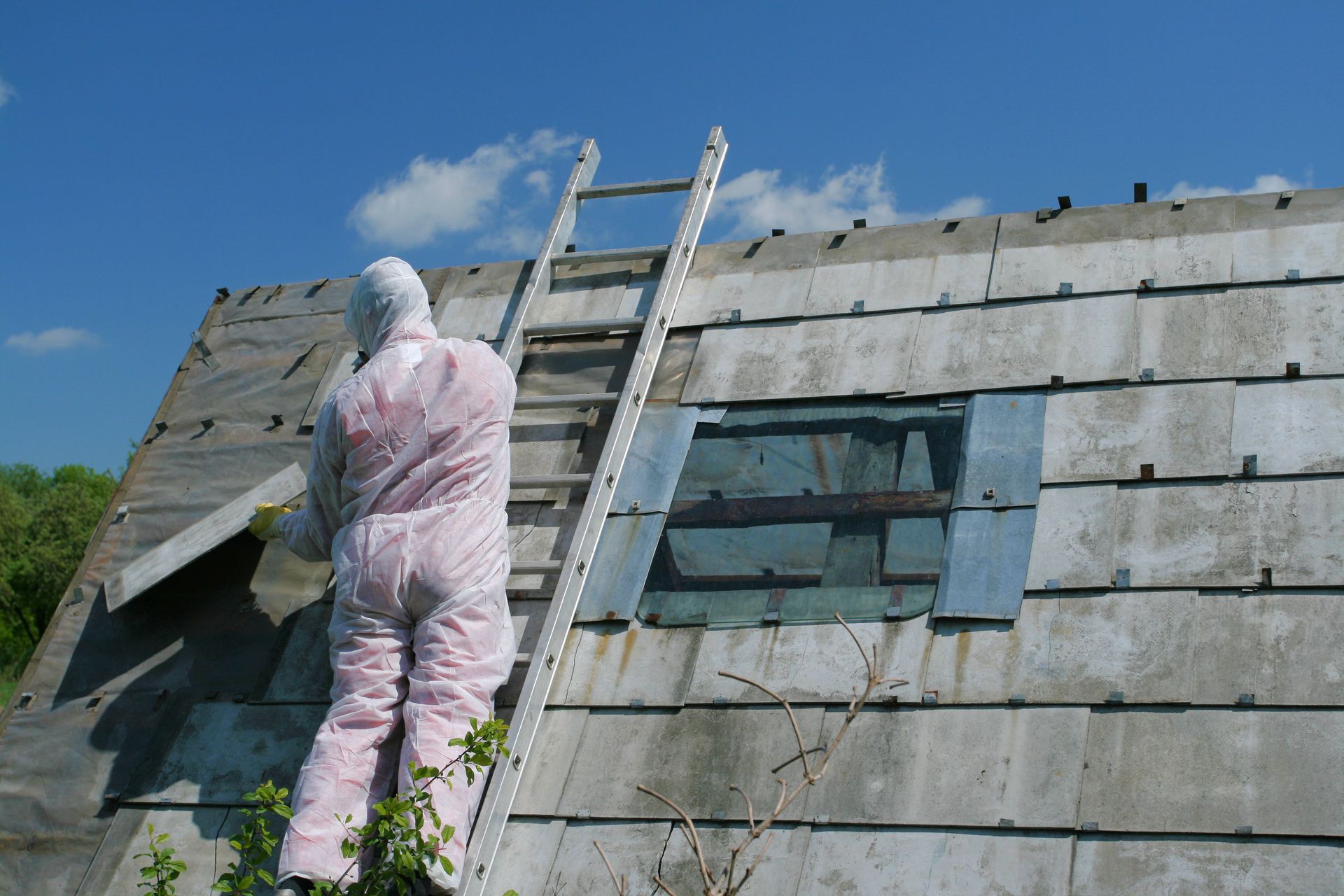
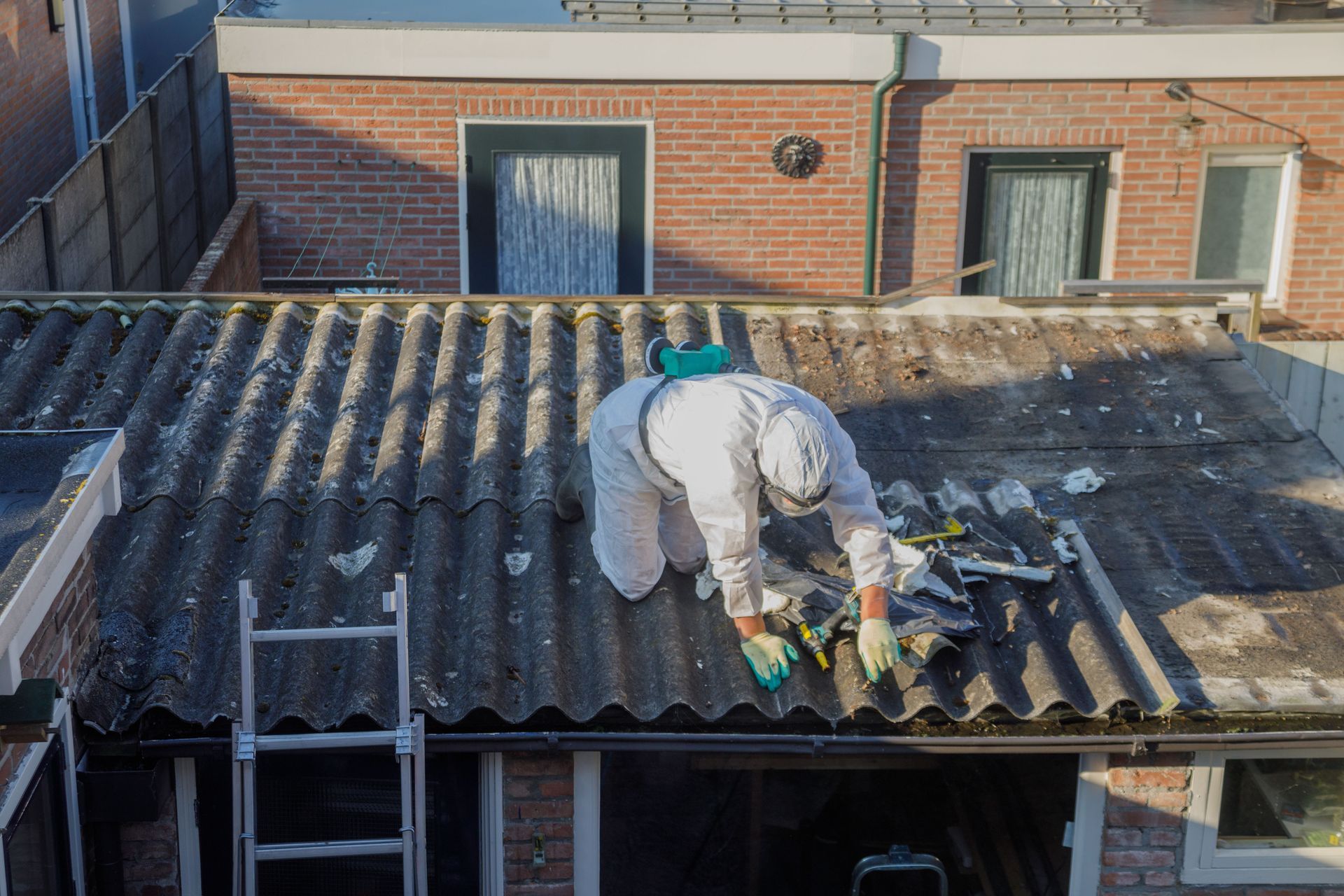
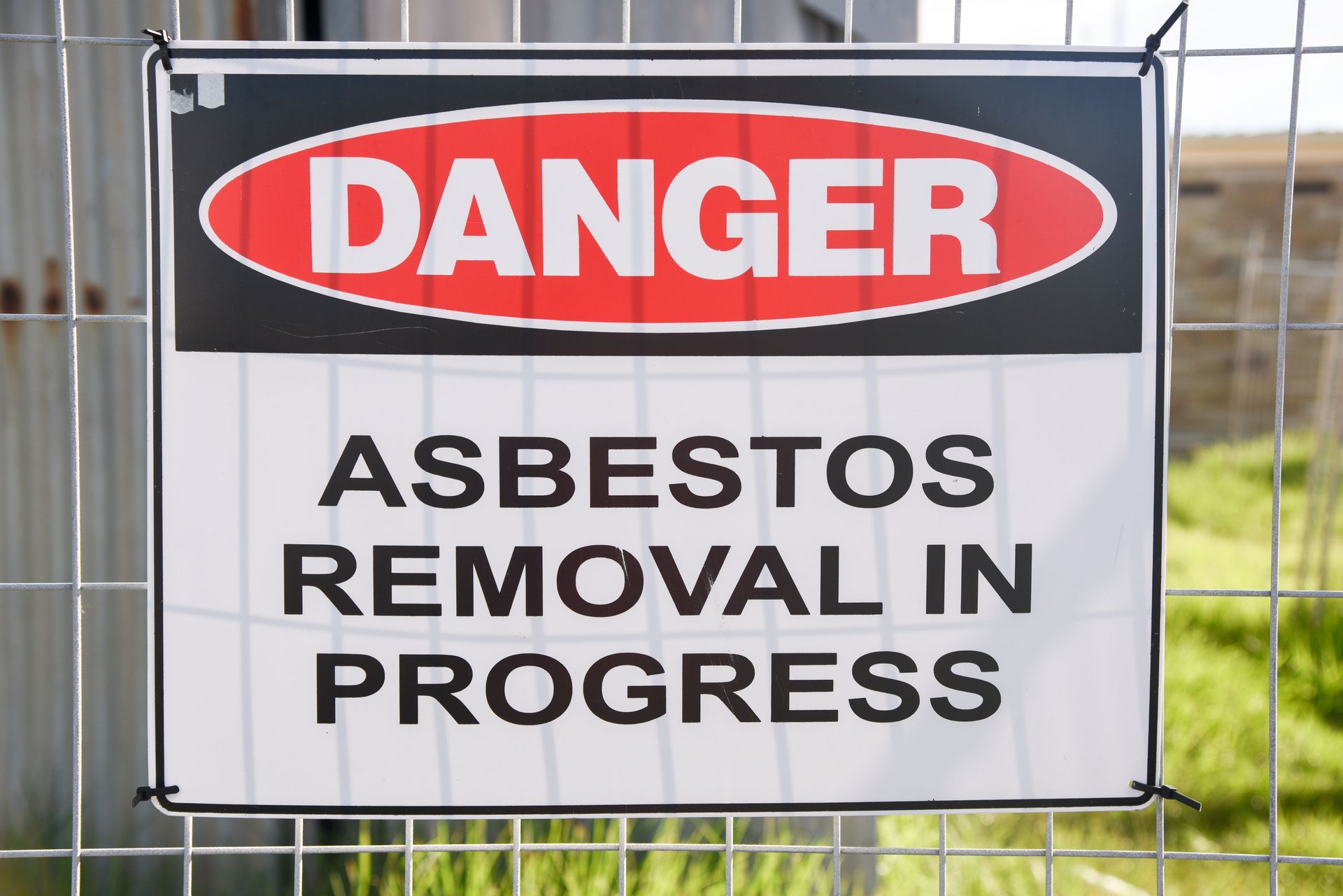

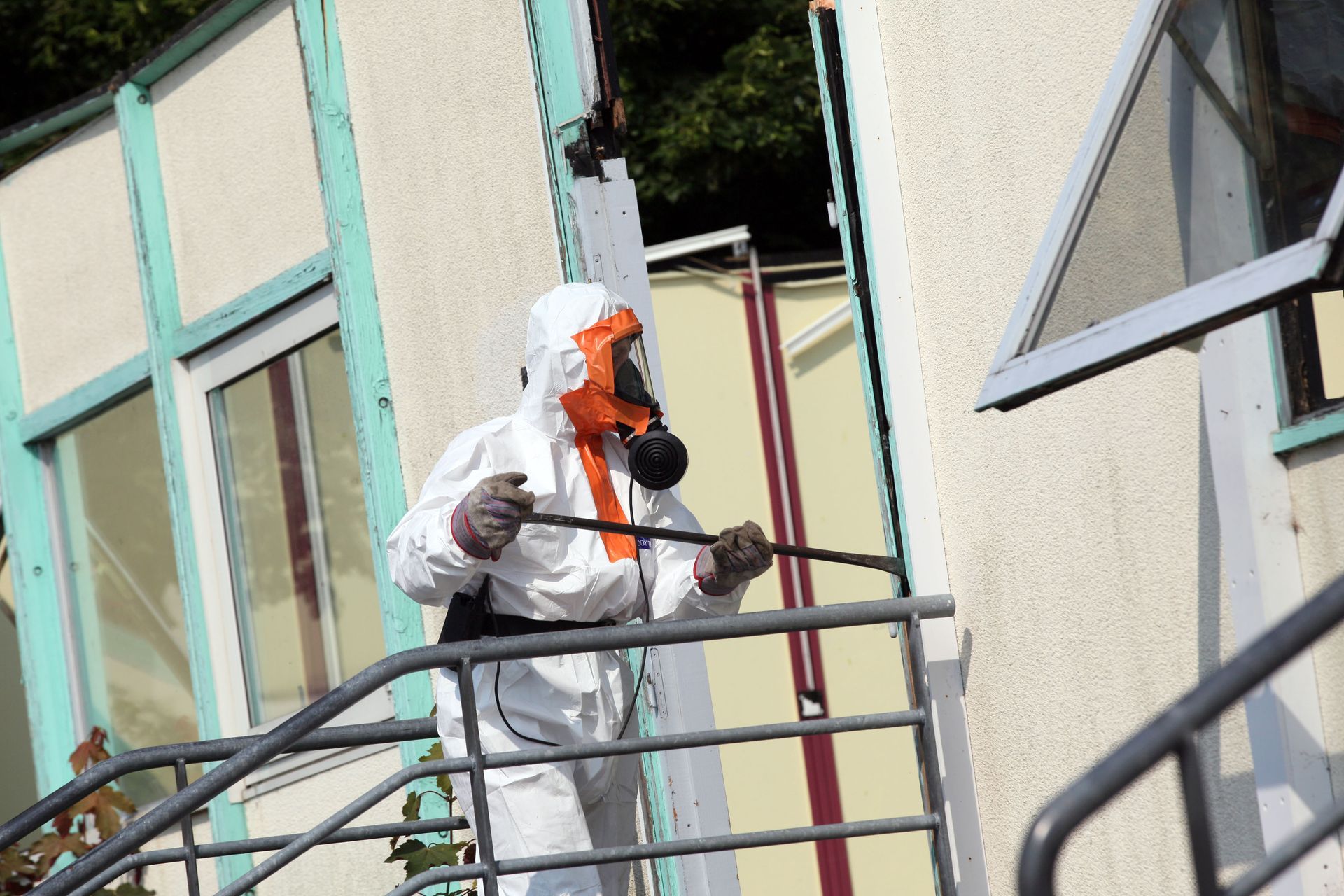
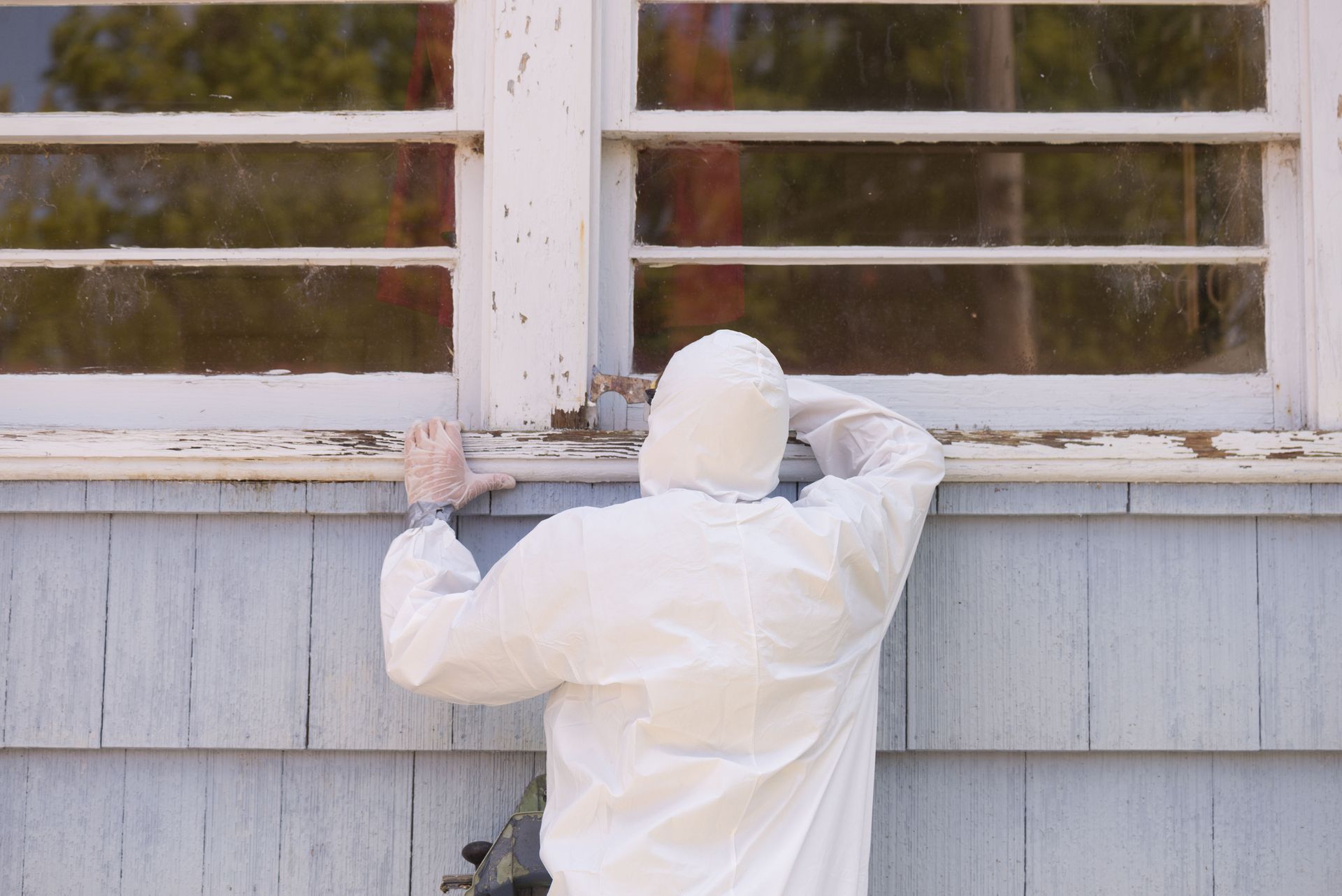
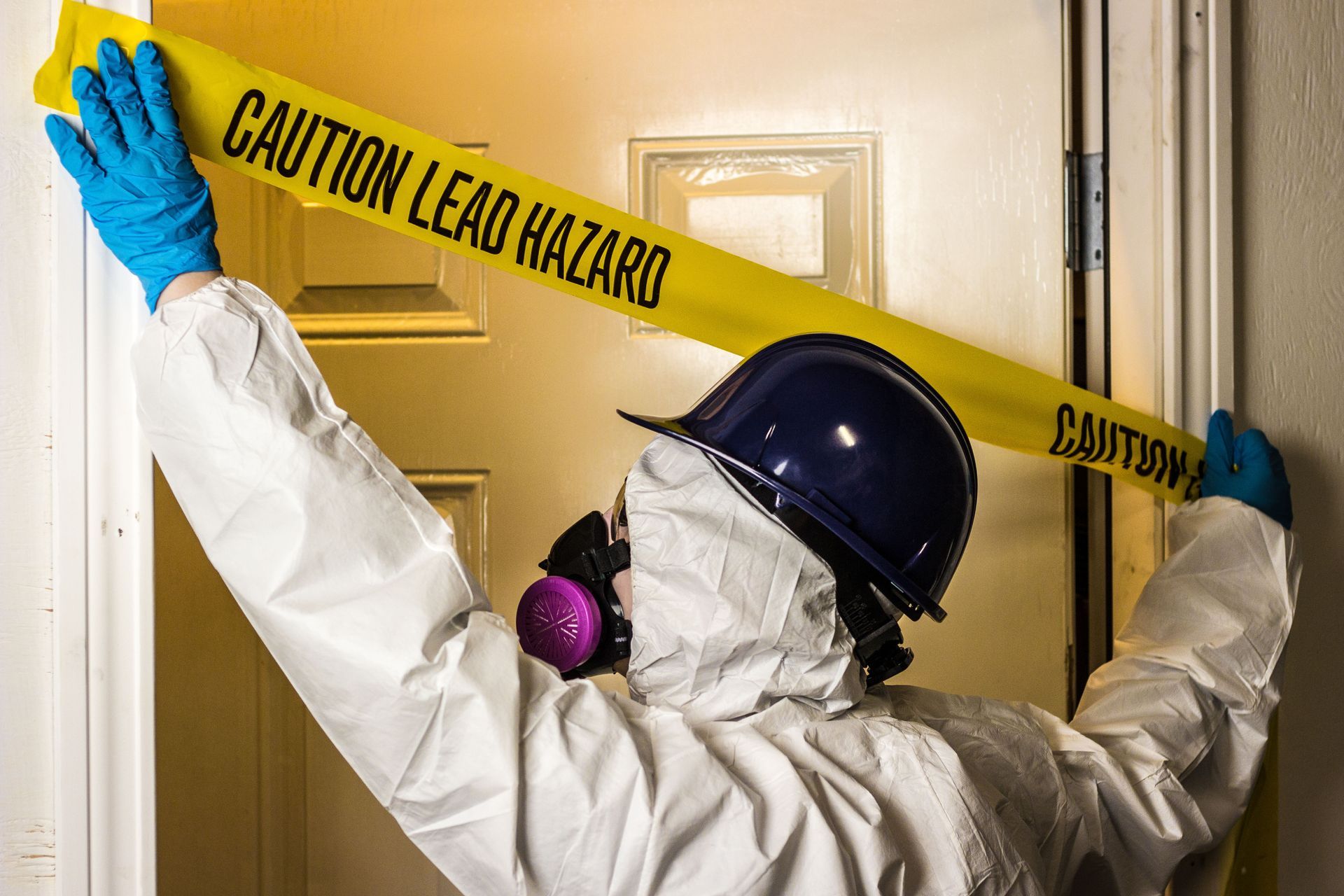
Share On: